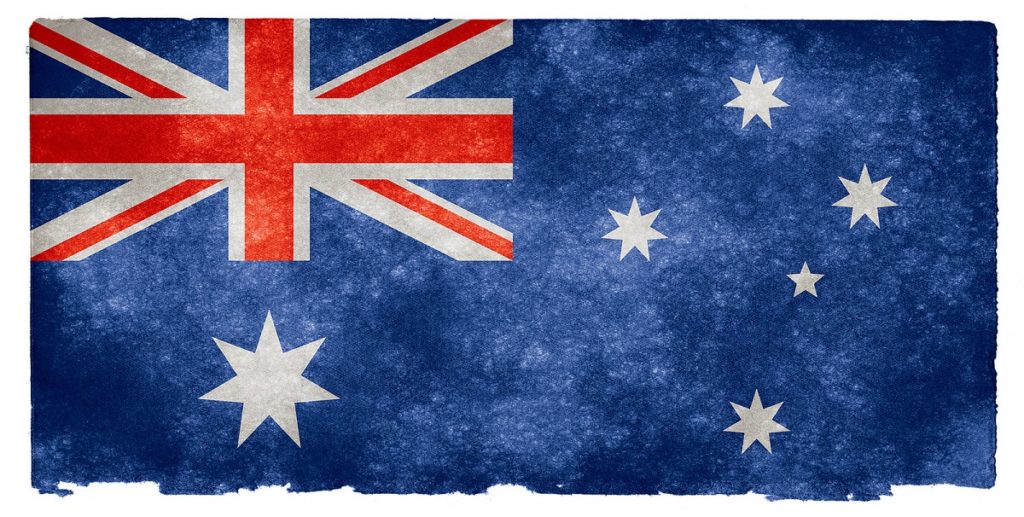Guest post by Sunita Bose, Head of Global Policy for the online petition platform Change.org.
Last week, Australia became one of the first countries in the world to pass legislation aimed at stopping foreign interference in national politics — but in such a broad way that everyday Australians now face restrictions when advocating for better policies. With the U.S., U.K., and Germany looking to Australia’s reforms as a model for how to address the problem, let’s hope authoritarian regimes aren’t watching too, as these laws model how governments can silence dissent.
1. Espionage law
Should a petition asking for intervention in a Cambodian decision to jail an Australian citizen come close to breaking the law? What about a petition asking Australia to stop live exports from Asia and the Middle East? Or one that claims that Australia is breaking international law in its offshore processing of refugees?
The way that Australia’s new espionage law is drafted, a case could be made that such campaigns intend to “prejudice national security” — which is defined in an unthinkably broad way to include economic and political relations with other countries, and causing loss of trust or confidence in Australia.
If such petitions were created in the midst of a sensitive bilateral dispute or revealed a breach of international law by the Australian government, the Attorney General would have reason to argue they were illegal. He might assure us that this would never happen, yet simply having such draconian laws in place will preemptively stop people who want to campaign on such issues because they’re too scared.
If all of that wasn’t bad enough, the criminal penalties will make you stop and wonder where this is happening. “Recklessly” communicating information about Australia’s political and economic relations with another country or blocking a public road in protest could see people serving long jail sentences. It all makes you stop and wonder: Is this really happening here in Australia? It is, and this is only one of the three laws that will serve a major blow to freedom of speech.
2. Transparency scheme law
Part two of the new national security package requires all “communication activities” in Australia by people connected to foreign political organizations or governments to be disclosed on a central government register. What constitutes a “foreign political organization” remains undefined, giving the government broad license to interpret this however it wants. What the government plans to do with that register remains a mystery.
The reality of our globalized, internet era is that people regularly come together across borders to campaign on national issues. That does mean challenges like Russian bots and the role we now know they played in the U.S. 2016 presidential election, but regulation needs to harness the opportunities. We live in the powerful age of #metoo, where women have been emboldened and unified by the courage of women they know nothing about, across the world, to stand up to sexual harassment and abuse. It is a time when people collaborate instantly and creatively with others overseas to fight injustices at home and abroad.
Now if any signatories on Australian petitions work as a public servant overseas or for an organization the government deems too political, an inspiring movement for change could technically be mired in a tangled mess of red tape. The very existence of the law will serve as a deterrent to anyone who wants to campaign with people and organizations overseas, but doesn’t want to deal with a bureaucratic nightmare.
This new scheme also throws up major logistical and privacy questions. If people choose not to clearly identify themselves, the platforms or publishers that host their content are obligated to disclose on the transparency register any views suspected to be on behalf of a foreign political organisation or government. How can you know someone’s citizenship, employment history, and political affiliations if they are anonymous? And is it really a platform’s place to play Big Brother and find out? With Europe’s GDPR law now placing restrictions on companies collecting and sharing sensitive personal information, such as people’s political affiliations, Australian law is set to contradict that with requirements that effectively amount to government surveillance.
3. Electoral reform bill
It’s a sad state of affairs that people power and privacy became casualties of purported “national security” reforms. With these two laws now passed, the Australian government is making moves to take the wind out of the sails of any organization helping Australians advocate on political issues through unprecedented funding restrictions from non-residents and foreign entities.
The new bill could stunt the growth of charities and civil tech start-ups, by its requirement for a signed statutory declaration of Australian residency for any payment over $250 made to an organization facilitating the broad catch-all it calls “issue advocacy.” Forcing organizations to collect signed paperwork when most payments occur online shows complete oblivion to the realities of e-commerce. It also offers a deterrent to contribute to the types of organizations that do crucial work in advocating for people in need and already struggle for funding.
These three reforms overreach so far beyond their goal of limiting covert influence over politicians and elections that they attack everyone’s freedom to advocate. They encourage the extreme vetting of people who contribute to political debate. They make protest on certain issues off limits, and discourage solidarity and collaboration across national borders. Let’s hope that they aren’t the start of a global trend.
